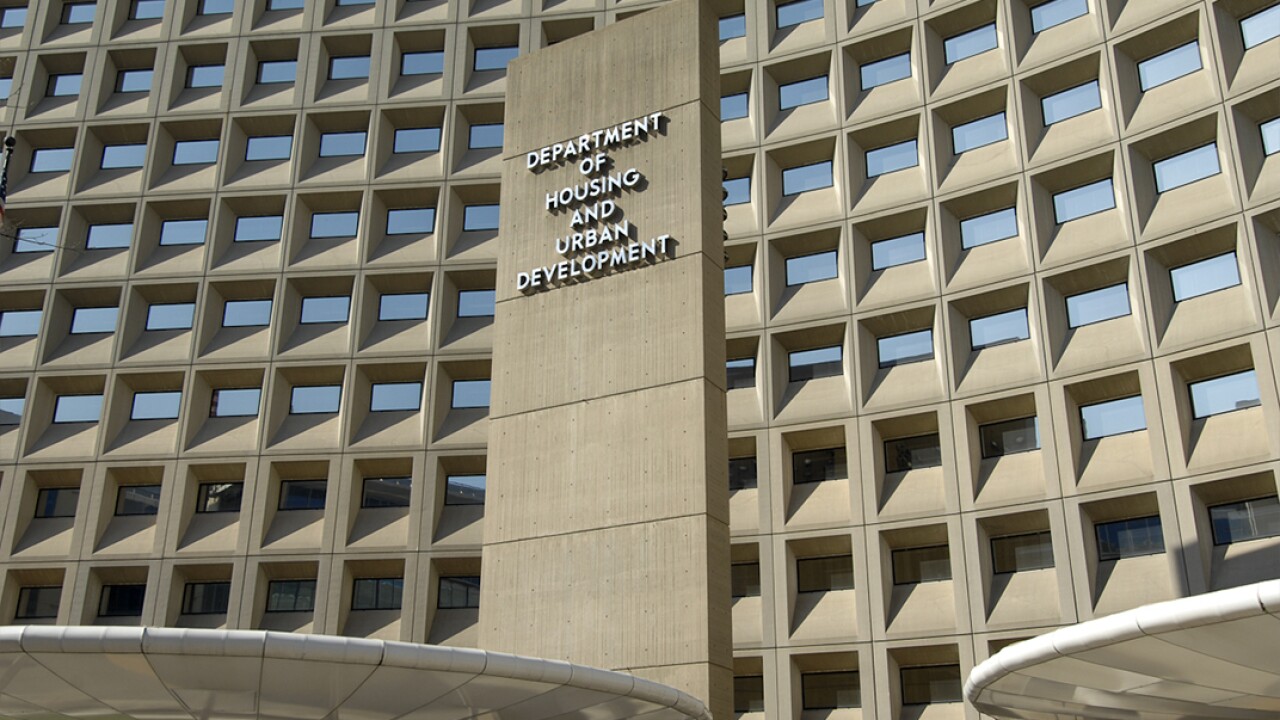Six months after pulling the plug on an online foreign exchange portal it co-founded, Citigroup Inc. has started an online foreign exchange service called CitiFX White Label aimed at regional banks that want to offer online foreign exchange trading to corporate customers without the risk of participating in currency markets themselves.
This time Citi is seeking out smaller banks as customers for its currency services, rather than competing against other financial giants in multiplayer electronic marketplaces.
Citigroup has long been active in online foreign exchange. It was a founder in 2000 of the pioneering foreign exchange portal Atriax, along with Chase Manhattan Corp. (now J.P. Morgan Chase & Co.), Deutsche Bank, and Reuters Group PLC. Following the April shutdown of that business after 10 months in operation, Citigroup became an equity investor in a competing multibank exchange, FXAll.
Citigroup also supplies liquidity to other online marketplaces such as State Street Corp.'s FX Connect and the independent exchange Currenex Inc., and it runs its own site, CitiFX, for corporate clients, fund managers, and other currency traders. By yearend it plans to introduce a foreign exchange crossing service, Instinet FX Cross, to manage large currency transactions, in conjunction with Instinet Group Inc. under a deal that was announced in May.
Citi said that several customers already have selected CitiFX White Label as their primary e-FX system but that the system has not gone live yet.
The client banks - which Citi would not name - "can meet the needs of their customers in the best way possible, without investing in the technology or taking on the risk in foreign exchange," said Vikas Srivastava, the global head of e-commerce at Citigroup's foreign exchange division. By linking to the Citigroup service, these regional banks are "moving from a market maker to a buy-side client, so to speak," he said.
The strategy is meant to help Citi stimulate deal flow and help smaller financial companies serve a growing number of corporate customers that do business crossborder, executives and analysts say.
"In 2002, online FX trading has come of age," Mr. Srivastava said. "Compared to phone dealing, it is still a small portion" of the market, "but it is growing very rapidly."
The service is modular, meaning that customers could use White Label for certain FX transactions and different systems for others. For example, Mr. Srivastava said, a Norwegian bank could handle its own trading of the krone against the dollar or the euro, and pass other transactions through to Citi.
CitiFX White Label is housed not on Citigroup's own computer servers but at the Toronto data center of its technology provider, Integral Development Corp. Harpal Sandhu, the president and chief executive officer of Mountain View, Calif.-based Integral, said that arrangement provides a layer of privacy.
"Citi never sees the customer's name," he said. "Citi never sees the margin that the local bank is making off the customer."
Under the system, "the medium-size banks don't take on any market risk, but they have the credit risk with their customer," Mr. Sandhu said. "It really is like being a retailer. You don't have to manufacture all the products in your store, you just have to offer the products."
Citigroup may be the largest provider of foreign exchange services, with a market share Mr. Sandhu put at 12%. While others might challenge that claim, "on any given day, it's Citi, Chase, or Deutsche," said Robert Iati, the research director for securities and capital markets at the TowerGroup consulting firm in Needham, Mass.
All the big providers have struggled with slipping foreign exchange volumes. The Bank for International Settlements, of Basel, Switzerland, reported in March that average daily turnover was $1.2 trillion in traditional foreign exchange markets in April 2001. That was down 19% from the bank's last triennial survey, in contrast to a rapid rise in previous surveys.





